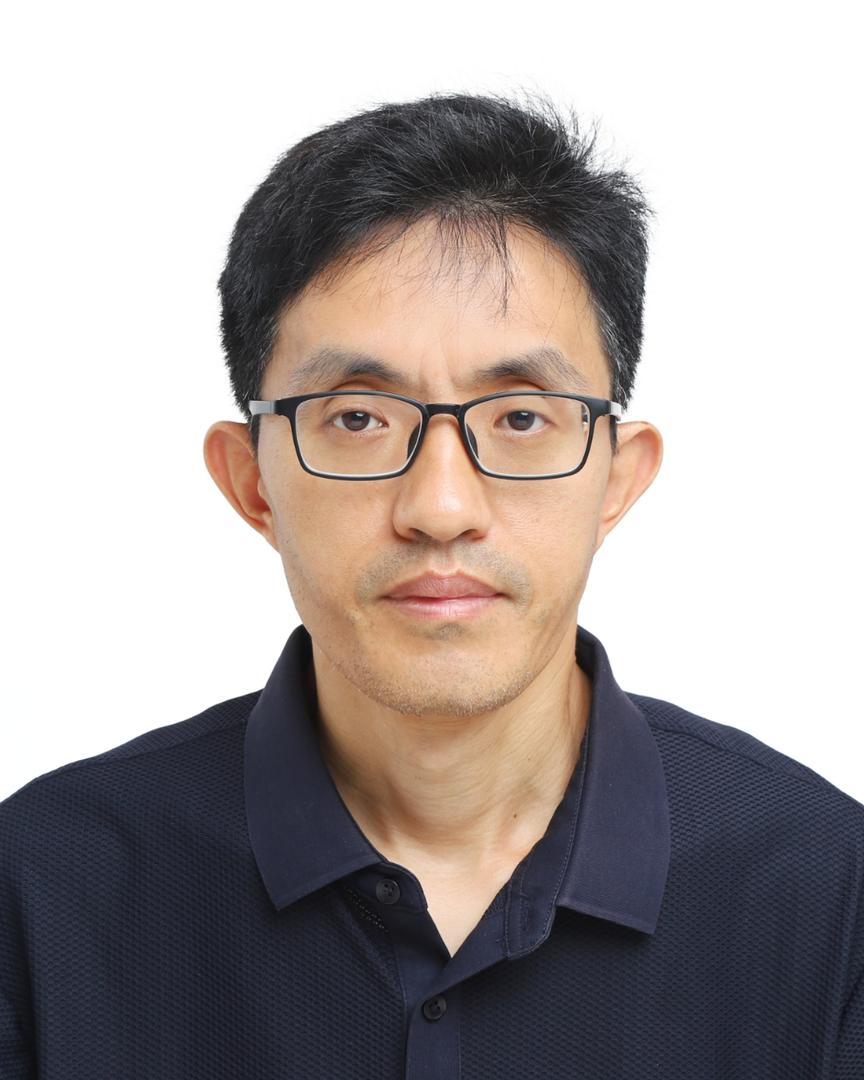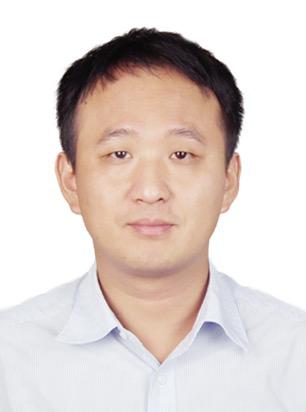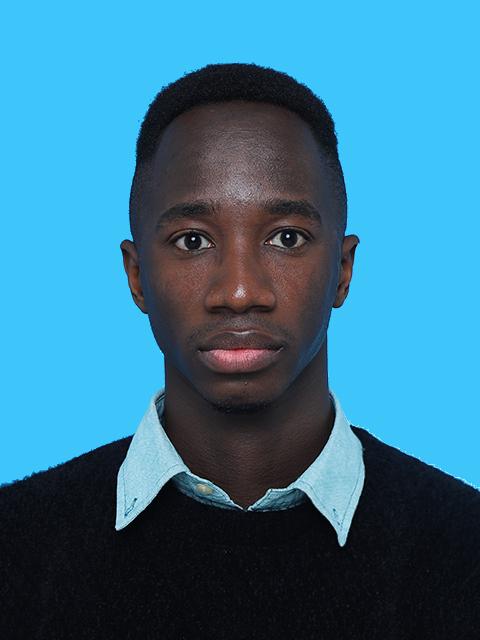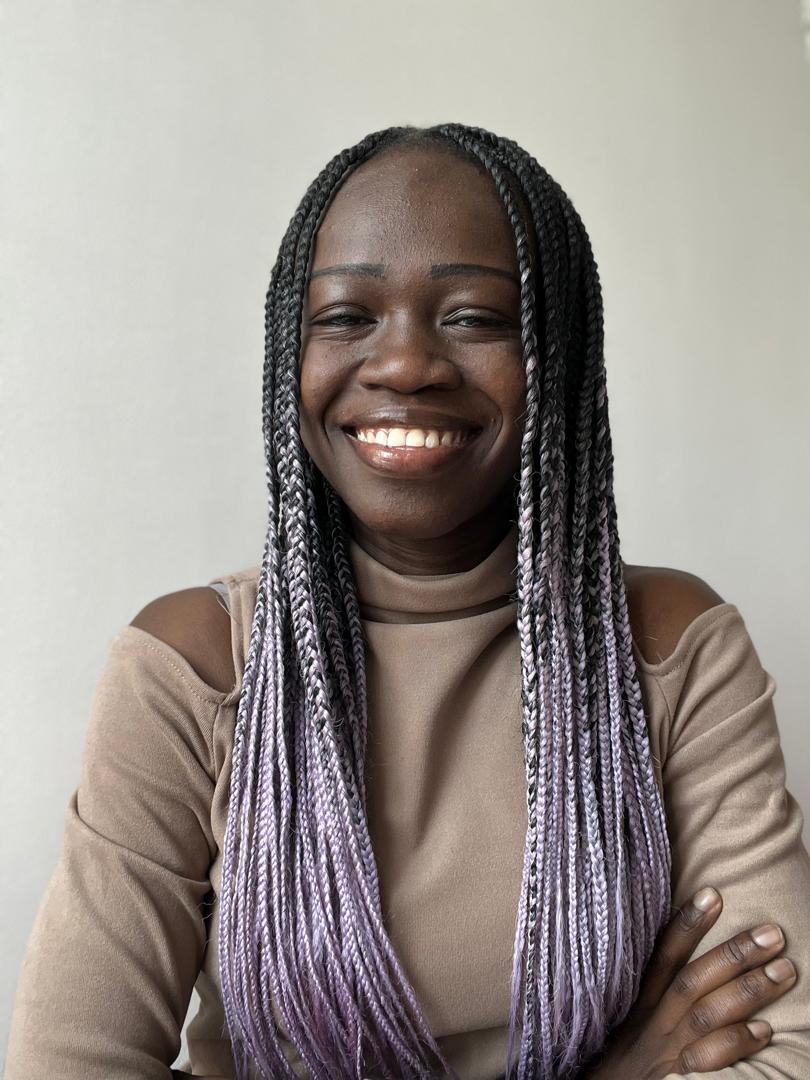July 6th-18th 2024
From July 6th to 18th 2024, Liu Guangqing, Executive Director of the Belt and Road Global Cooperation Institute, Director of the Biomass Energy and Environmental Engineering Research Center, and Director of the Civil Clean Stoves Committee of the China Rural Energy Industry Association, visited three East African countries, including Uganda, Tanzania, and Rwanda, to conduct field investigations on the current status and needs of local residents' energy consumption, and held discussions with relevant departments on clean fuel and stove cooperation. Dr. Christian Rakaos, President of the World Bioenergy Association, and representatives of Chinese clean stove industry companies participated in this visit and exchange.
In Uganda, the delegation visited the Uganda National Alliance on Clean Cooking (UNACC), the Ministry of Energy and Mineral Development, Center for Research in Energy and Energy Conservation , as well as stove and fuel manufacturing companies.

The delegation held in-depth exchanges and talks with the Uganda National Alliance on Clean Cooking. The delegation was received by Mr. Jim Ssebadduka, Chairman of UNACC, and Ms. Sarah Babirye, the CEO. Jim Ssebadduka introduced the allaince`s development history, organizational structure and business scope, and elaborated on the current situation, existing problems and future needs of the energy structure of Ugandan residents and the development of stoves. Liu Guangqing introduced the development history, technological achievements and promotion and application experience of clean stoves in China. He pointed out that promoting the application of clean stoves in developing countries is not only a major livelihood project, but also an important measure to promote South-South cooperation and respond to global climate change. It is hoped that the two sides will build a China-Uganda clean stove industry-university-research cooperation platform to promote technological progress and product upgrades, improve the accessibility of clean energy to residents, and protect the health of residents and the ecological environment.

The delegation visited the Center for Research in Energy and Energy Conservation of Makerere University and the Uganda Regional Clean Stove Testing and Knowledge Center. The director of the center, Ms. Mary Suzan Abbo, and others received the delegation. The two sides had in-depth discussions on joint research on renewable energy, cooperation on clean stove testing platforms, and exchanges between teachers and students, and reached a willingness to cooperate.

The delegation visited the Ministry of Energy and Mineral Development of Uganda, where they were received by Director General Dr. Brian E.Isabirye, Assistant Secretary General Mr. Eng.Ssekitoleko, and Chief Energy Officer Mr. Eng.Herbert Abigaba. Brian E.Isabirye warmly welcomed the delegation and expressed his appreciation for the achievements made in the promotion of clean stoves in China. He introduced the relevant plans and policies for clean cooking in Uganda, and looked forward to learning from China's development experience to improve the level of clean cooking for residents. Liu Guangqing introduced the concept of the South-South Cooperation Clean Stove Project and proposed the cooperation between China and Uganda on clean fuels and stoves in industry, academia and research. He hoped that with the support of the governments of both sides, the close cooperation between universities, research institutions, enterprises and other non-governmental organizations would be promoted to help Uganda improve the quality level of clean stove products and industrial upgrading.

The delegation visited stove and fuel manufacturing companies in Uganda, including Ugastove, ClimateHub, and AES, toured stove production workshops and product displays, and exchanged views with company leaders on how to enhance the level of automated production and improve stove product quality.

During the visit to Tanzania, the delegation visited the Tanzanian Ministry of Energy, the Tanzania Renewable Energy Association and local stove manufacturing companies, and inspected the use of stoves by users. The delegation was received by Ms. Emma Laswai, Executive Secretary General of the Tanzania Renewable Energy Association, Mr. Michael McGrath, Head of the Industrial Research and Development Organization of the Ministry of Industry, Commerce and Investment of Tanzania, and the Country Director of SNV Tanzania of the Netherlands, and relevant persons in charge of Dar es Saddam University. Emma Laswai introduced the development history and business scope of the Tanzania Renewable Energy Association. Other participants introduced their work in the fields of clean stoves, biogas, biomass fuels, carbon trading, etc. Both sides agreed that it is of great significance to build a China-Tanzania clean energy cooperation platform and reached a series of cooperation intentions.

The delegation was received by Mr. Eng. Felchesmi J. Mramba, Secretary General of the Ministry of Energy of Tanzania, Dr. James P. Mataragio, Deputy Secretary General, President of Tanzania National Electricity Corporation, Director of the Rural Energy Promotion Office, and Head of the Office of the Vice President. Eng. Felchesmi J. Mramba introduced Tanzania's overall energy structure and national energy transformation development strategy, and hoped to work closely with the Chinese government and non-governmental organizations to accelerate Tanzania's energy transformation. Liu Guangqing elaborated on the foundation and prospects of China-Tanzania clean energy cooperation, and expected that the two sides would promote the continuous supply of clean energy and the improvement of energy terminal efficiency in Tanzania through the South-South cooperation mechanism based on Tanzania's technical needs.

In Rwanda, the delegation visited the Ministry of Infrastructure, Energy Private Developers (EPD), BioMaster and other institutions. Mr. Serge Wilson Muhizi, CEO of Energy Private Developers, received the delegation. He introduced the development history and business scope of EPD, and put forward the technical barriers and needs of Rwanda in the fields of clean fuels, stoves, biogas, solar energy, etc. Liu Guangqing introduced the development of relevant counterpart associations in my country, and put forward the China-Rwanda renewable energy cooperation model and proposal. The two sides discussed the cooperation plan and reached a cooperation intention.

Mr. Jean Bosco, Director of the Energy Department of the Ministry of Infrastructure of Rwanda, Ms. Peace Kalisa, Director of the Energy Department, and Mr. Aslimwe Martin, a policy monitoring and evaluation expert, received the visiting delegation. Jean Bosco introduced Rwanda's modern energy and clean stove promotion and subsidy plan, and put forward the demand for clean cooking of future residents. Liu Guangqing introduced my country's South-South Cooperation Clean Stove Program intention and clean stove development experience, and put forward specific suggestions for the construction of clean stoves and molded fuel demonstration sites in the future. Both sides look forward to building clean fuel production and clean stove application demonstrations on the basis of government cooperation, and promoting the innovation of clean cooking technology and industrial upgrading of Rwandan residents through demonstration and guidance.

The delegation visited the biomass pellet fuel factory processing site and pellet-matching clean stove application site of Rwanda Biomaster Company, and conducted in-depth discussions on cooperation to promote technological innovation and promotion.
The delegation visited three East African countries and conducted in-depth research on the current energy structure, energy transformation trends, clean cooking policies, technologies and promotion and application in these three countries. It also learned about the obstacles and needs of local stoves and their supporting fuels, and promoted and shared my country's advanced clean stove and molded fuel technology levels and industrialization experience, laying a solid foundation for the subsequent in-depth promotion of the South-South cooperation clean stove project and the construction of an industry-university-research cooperation platform.


















